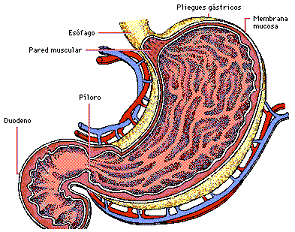 A paradigm is a model or pattern sustained in a scientific or epistemological discipline or, on a different scale, in other contexts of a society.
A paradigm is a model or pattern sustained in a scientific or epistemological discipline or, on a different scale, in other contexts of a society.
The word "paradigm" comes from the Greek and means "model" or "example". The conception of paradigm dates from the late 1960s and refers to a certain model of thought or interpretation of entities that corresponds to a given discipline and socio-historical context. In any case, the concept is broad and can refer to a model as complex as the explanation of a certain scientific phenomenon and to something as informal and variable as the interpretation of social relations.
In either case, a paradigm assumes a certain understanding of things that promotes a particular way of thinking over others.
For science, the idea of paradigm is associated with that given by the scientist Thomas Kuhn in his book "The Structure of Scientific Revolutions". For him, a paradigm is defined as that which must be observed and scrutinized; the type of questions that need to be asked to find answers around an objective; the structuring of these questions; and the interpretation of scientific results.
From this type of interpretation, the paradigm basically constitutes a model of how scientific research and experiments should be carried out, with the conception in mind that this model can be replicated. However, in scientific practice, a paradigm constitutes much more than an experimental model, it also responds to the way in which agents in the scientific field understand, think and do science.
The same is true on a social scale. For example, in terms of how, at one point in history, societies understand the world in one way or another.
When you talk about "paradigm shift", then, reference is made to the evolution of thought that occurs in disciplines and societies throughout history and that promotes the emergence of a new prevailing model of thought.









